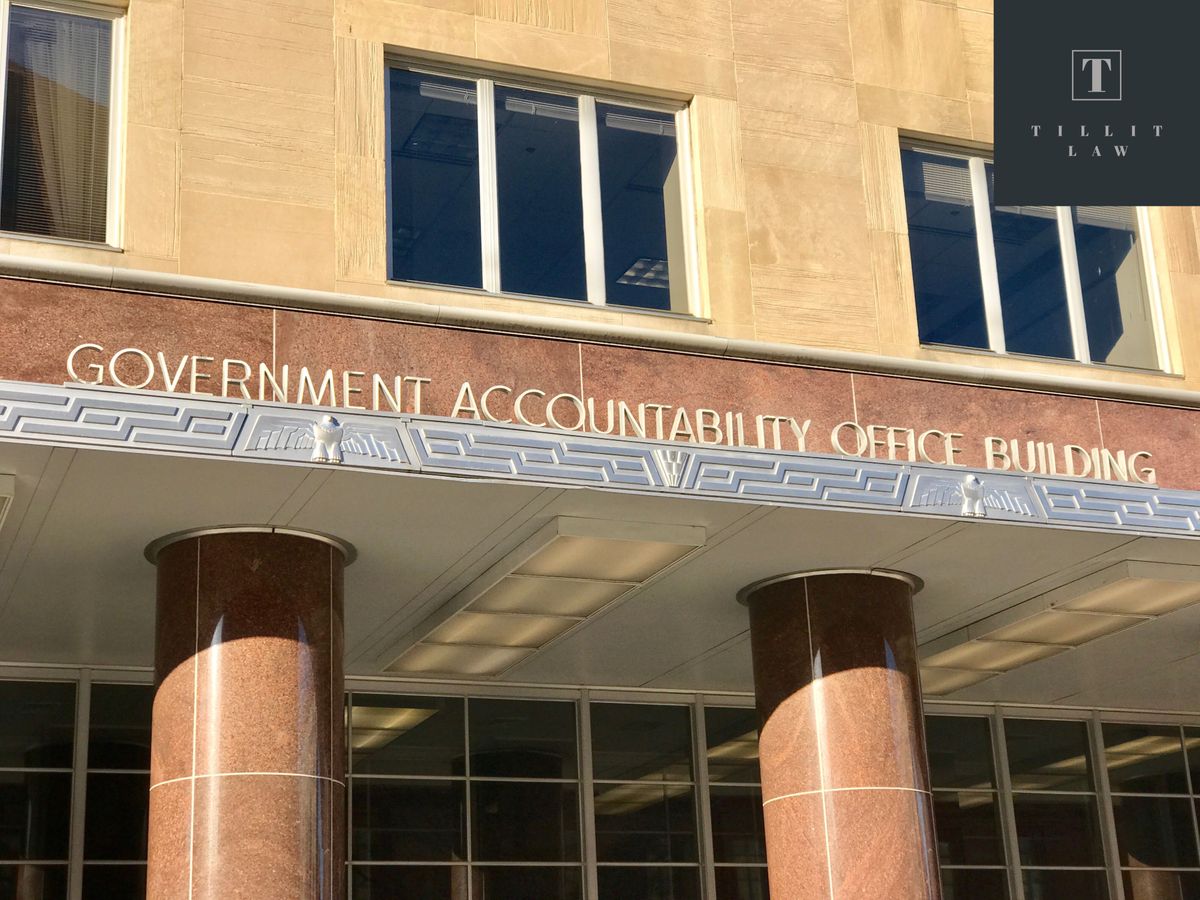Successfully challenging contract modification awards at the Government Accountability Office (GAO) under its bid protest function requires a showing that the modification at issue is outside the original scope of the contract under which it is being awarded. Additionally, the protestor must demonstrate competitive prejudice. That is, had the modification requirement been competed under a separate contract, the protestor would have had a substantial chance of receiving the award. The GAO generally does not review the propriety of contract modifications as it has determined that such matters fall outside the scope of its bid protest function. This is because contract modifications are usually contract administration actions that are not reviewable under the GAO’s bid protest function. Specifically, 4 C.F.R. § 21.5(a) requires the GAO to dismiss protests relating to the administration of an existing contract since contract administration is within the discretion of the agency and any administrative disputes between the contractor and the agency are resolved pursuant to the disputes clause of the contract and Contract Disputes Act.
However, the GAO recognizes that when the planned modifications are outside the scope of the contract, they may violate competition requirements. Therefore, a review of the scope of the modifications is permitted at the GAO when the protestor alleges that the modification exceeds the scope of the original underlying contract. In such cases, the primary GAO inquiry is not whether the contract modification is significant in terms of contract value or additional work. Instead, the inquiry is focused on resolving whether a material difference exists between the scope of the original and the modified contract. This inquiry is more akin to a comprehensive totality of circumstances analysis where the GAO reviews the original and modified contracts to compare the type of work, expended costs, and the period of performance. Additionally, the GAO examines the original solicitation to determine whether it adequately indicated to potential offerors that the type of change the modification created could be reasonably anticipated by interested offerors during the solicitation period.
In B-415994; B-415994.2, the GAO sustained such a protest involving an out-of-scope contract modification awarded under a task order of the GSA Alliant Government-wide Acquisition Contract (GWAC). The modification at issue was awarded using a technical direction letter (TDL) on an existing Alliant task order issued to the intervenor. The TDL in question was issued to establish a commercial cloud computing facility, which the government contended was within the scope of the task order. The task order at issue contemplated support for cloud system technology insertion initiatives, including the transfer and transition of existing and emerging technologies. The protestor argued that the TDL was outside the scope of the intervenor’s task order and that instead of procuring the services under the TDL, GSA should have competed the additional requirements among all holders of the Alliant GWAC. Meanwhile, the government argued that the TDL requirements were well within the scope of the Alliant task order. In support of its argument, the government pointed to the general nature of information technology (IT) systems support services procured under the task order. However, the GAO disagreed, finding that the scope of the work contemplated by the TDL was materially different from the scope of work of the task order. The GAO began its analysis by reviewing the definition and function of a TDL under the task order, noting, among other limitations, that TDLs under the task order could not be used to order additional deliverables that may cause the contractor to incur additional costs.
The GAO then compared the scope of work of the original task order with that of the TDL. It noted that while the TDL aimed to establish an entirely new commercial cloud computing facility, the existing task order only made limited references to cloud services. This limited reference to cloud services was only in the context of providing necessary research and analysis support to generally assess the suitability of the systems in the areas such as cloud computing and big data. The GAO also provided examples of differences in the nature of the task order and TDL requirements. The GAO noted that the establishment of an unclassified cloud environment under the TDL was substantively and materially different from the certification and accreditation-related work in classified environments originally contemplated under the task order. The GAO similarly noted that while the original task order did not anticipate any IT management services, the TDL expressly required the intervenor to not only provide IT support services to manage the government’s enterprise-wide IT server and storage computing environments, but also manage delivery of all enterprise IT services.
The GAO ultimately decided that the work under the TDL was a material departure from the scope of the Alliant task order and sustained the protest. Additionally, since the protestor was an Alliant GWAC awardee, the GAO determined that the protestor was prejudiced by the government’s decision to award the work to the intervenor via the TDL. The GAO reasoned that had the additional work been separately competed under the Alliant GWAC instead of being awarded as a modification, the protestor would have had a substantial chance of receiving the award since it was an Alliant GWAC holder. While the GAO generally defers to agencies to manage existing contracts, it intervenes amidst allegations of contract modifications introducing substantially different work. Successfully challenging a modification award for exceeding the scope of the underlying contract at the GAO hinges on demonstrating that the modification materially altered the scope of the contract. Additionally, the protestor must also demonstrate competitive prejudice, which can be achieved by showing that the protestor would have had a substantial chance of receiving the award had the requirement been separately competed.
This Bid Protests Insight provides a general summary of the applicable law in the practice area and does not constitute legal advice. Contractors wishing to learn more are encouraged to consult the TILLIT LAW PLLC Client Portal or Contact Us to determine how the law would apply in a specific situation.





